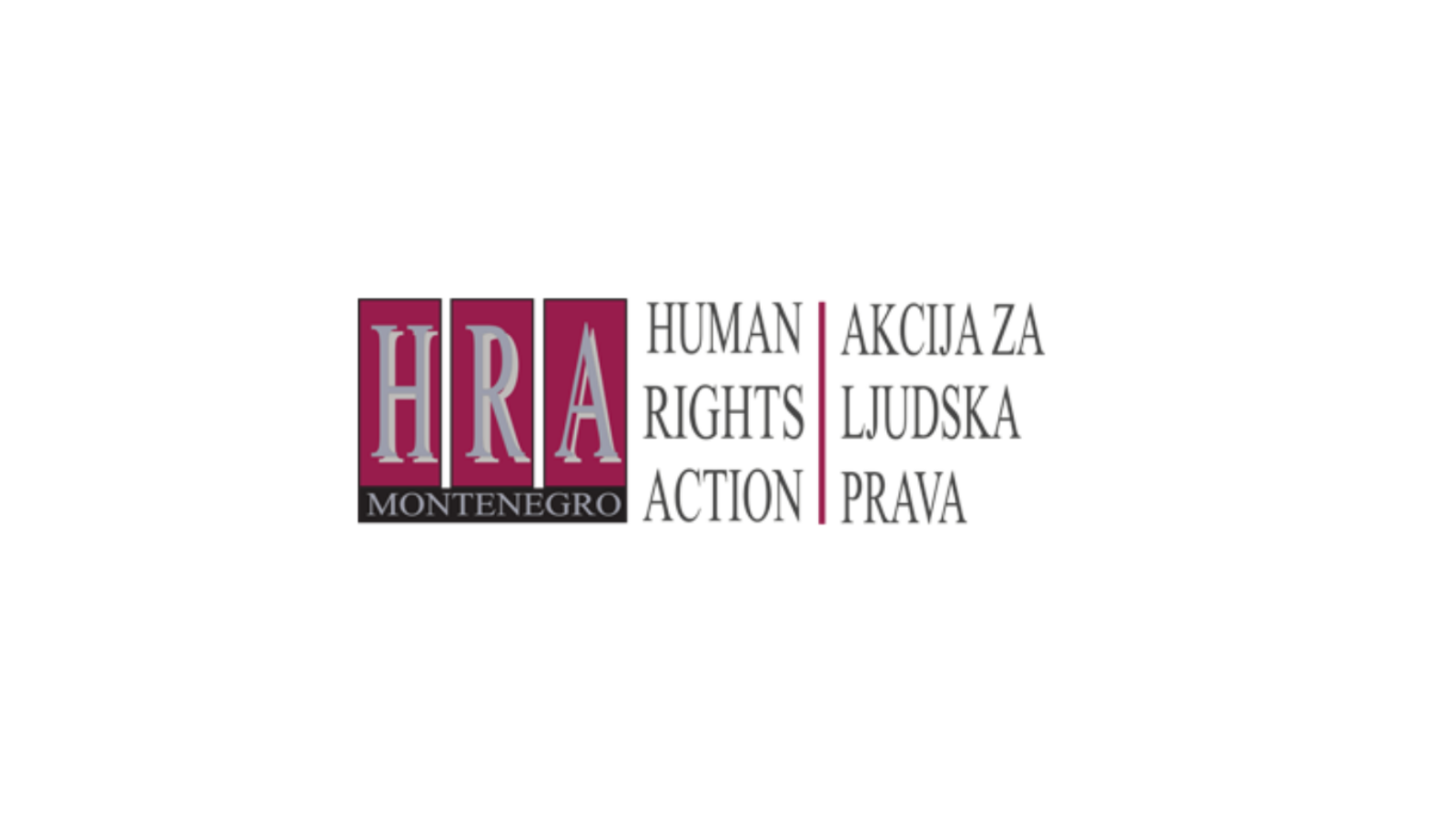Summary of the project implemented by Human Rights Action (HRA)
The project aims at confronting undue influence in the judicial system, exposing corruptive practices and enhancing independence and transparency of judicial institutions. Additionally, it aims at reaching out to citizens and effect societal support for the necessary reforms. Overall, the project should support strengthening of the rule of law and Montenegro and EU negotiations in chapter 23. Project will enable to reveal the perceived level of corruption within judiciary and to propose and advocate for the necessary reform in order to implement all needed safeguards for judicial independence and accountability and provide for progress of EU accession negotiations in chapter 23.
Project goals
General goal is sustainable contribution to combating corruption and meeting the criteria in Chapter 23.
Specific goals:
- Examine and review the perception of judges, state prosecutors and lawyers about corruption and other inappropriate influences on the judiciary
- Reviewe positive and negative aspects of the process of “vetting” (detailed checks) of judges and state prosecutors, which were implemented by other countries, in the context of Montenegro;
- Improve the transparency of the Judicial Council and the Prosecutorial Council and their activities in terms of combating corruption and other inappropriate influences.
Beneficiaries
Members of the Judicial Council and Prosecutorial Council, candidates for judges, judges, presidents of courts, candidates for prosecutors, prosecutors, heads of Prosecutor’s offices, members of the Bar Association of Montenegro, CSOs dealing with the rule of law, media associations, journalists who report on court proceedings are the target groups, and society as a whole is the final beneficiary.
The pressing need of judges and prosecutors, Judicial Council and Prosecutorial Council is the achievement of full independence and the return of professional integrity and reputation in society, and the current cases of arrests of holders of judicial positions show that they are not able to achieve this on their own and raise doubts that there may be more similar cases in the judiciary, undetected, cases. The greatest need of lawyers is the improvement of the independence of the judiciary, which creates opportunities for a fair trial, and the limitation to fulfilling this, as they themselves point out, is disorganization, disunity, lack of initiative, etc. CSOs engaged in the fight for the rule of law believe that the problem of (non) suppression of corruption in the judiciary is the main obstacle in the progress of Montenegro towards the fulfillment of the criteria from Chapter 23, but they alone – without the active participation of members of the judiciary – cannot effectively contribute much. Citizens of Montenegro, clearly express the attitude towards the problem of corruption in the judiciary and the need to solve it energetically.
The expected result of this project is progress in the negotiations in chapter 23 based on the suppression of corruption and overcoming the shortcomings in the work of the two councils, and the active involvement of a larger number of CSOs, media and citizens in this field.
Main activities
- Establishing cooperation on the project with the Minister of Justice, President of the Supreme Court of Montenegro, Supreme State Prosecutor, President of the Bar Association, CSOs, media associations and journalists.
- Preparation of an anonymous survey on the independence and impartiality of holders of judicial functions in the judiciary
- Conducting an anonymous survey among judges, prosecutors and lawyers by combining an online survey and individual interviews in the field in all three regions of Montenegro in order to obtain the most accurate information possible
- Analysis of data obtained from anonymous survey and individual interviews
- Presentation of findings from anonymous survey and individual interviews
- Preparation of an analysis of the vetting process implemented in several countries in relation to the legal order of Montenegro, which will contain a description of the practice in those countries where the process is already implemented, with recommendations for Montenegro
- Presentation of vetting process analysis at the conference
- Monitoring the work of the Judicial Council and Prosecutorial Council
- Preparation of two reports that will show the expected progress in the implementation of the relevant recommendations of the European Commission, Group of States against Corruption of the Council of Europe (GRECO) and HRA, recommendations for improving the work of both Councils and findings on the degree of fulfillment of the recommendations of the mentioned international bodies and HRA from previous reports
- Presentation of the reports on the work of the Judicial Council and Prosecutorial Council at round tables and through a broad media campaign (posts on social networks, websites, interviews in print and electronic media, etc.).








